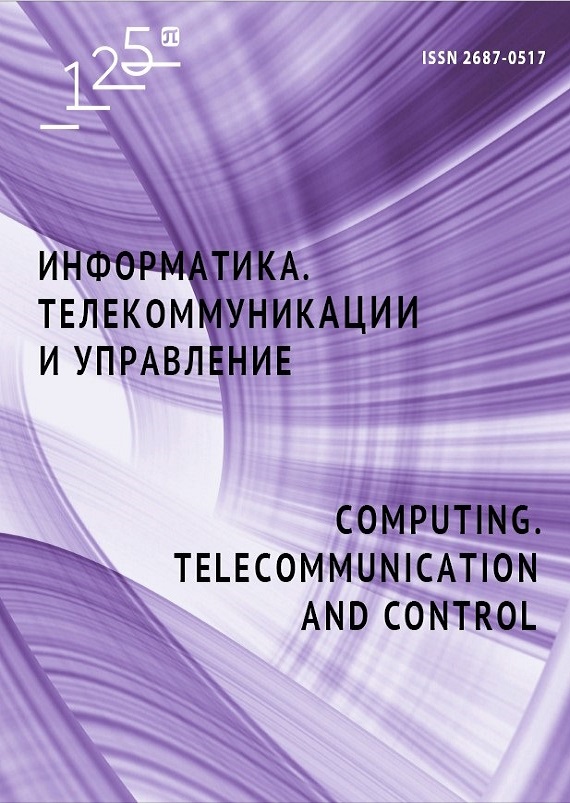The Performance Analysis of Centralized Wireless Networks for Non-Adaptive HTTP-based Video Transmission
At the present time, the rise in the social network audience and their tight integration with HTTP-based video streaming services leads to a sharp increase in the load on the current telecommunication networks. Due to high mobility of users, this effect has the greatest influence on wireless networks, which have rather low performance compared to hard-wired systems. The greatest amount of video traffic is transmitted using non-adaptive technology by HyperText Transfer Protocol (Facebook, a real-time event, etc.). This combination necessitates the investigation of the maximal possible performance of wireless networks for non-adaptive HTTP-based video streaming. In the study, we consider the wireless network model and propose the interrelation of its parameters and the streaming of non-adaptive HTTP-based video content. As the main performance criterion, we use the rebuffering percentage, which has a great influence on the user’s Quality-of-Experience. For this criterion, we found the lower bound for all possible schedulers. In addition, based on the found lower bound, we proposed a heuristic scheduler that has a greater performance compared to the existing heuristic schedulers, close enough to the lower bound. The obtained result can be used as a baseline for the requirements to QoE-aware schedulers in the current and future wireless network generations.


